
Initially, the source of the public outrage was the mercenary nature of Rutherford’s book-review scheme and the blatant collusion of writers like John Locke. Justifiably, many viewed the whole business as a web of deception, totally dishonest and unscrupulous.
Increasingly, though, the focus of the criticisms seems to be shifting. For many it’s the whole business of paid book reviews that’s the problem, not just Todd Rutherford et al.
I get the impression that there’s long been a widespread perception, especially among readers, that genuine book reviewers, including those who critique books for newspapers and trade magazines, are not paid for their services; that they’re just volunteers. This, of course, is far from the truth. It’s a misconception that I think needs to be debunked once and for all.
Normally, publishers send free review copies to publications who then pass the books on to reviewers.
Publishers Weekly currently has a deal with Amazon and Barnes & Noble. According to Slate.com, “Their reviews — 300 or so words of plot summary, context, and a quick verdict — influence which books get noticed, bought, and promoted in the media.” PW reviewers are reportedly paid $45 to $60 per review.
Patti Thorn, former book editor of the Rocky Mountain News and co-founder of BlueInk Review, said that when she started out as an editor, she “inherited five reviewers who were getting paid a measly $20 per review.” Meagre as it was, the bottom line is they were not expected to be volunteers. Evidently, Thorn not only believes book reviewers deserve remuneration, she feels they ought to be well paid for their services. As cofounder of Blueink Review she can now declare unabashedly, “We pay our reviewers well by book review standards … and we require informed, professional evaluations in return.”
Patricia Ann Jones, a professional book reviewer for The Tulsa World told the business website Business Know-How.com, ”Some papers pay very little, some not at all. Then, there is the New York Times which pays very well indeed. The Los Angeles Times also pays upwards of $300 for a review, more depending on the reviewers’ expertise and reputation.”
Publications like Writers’ Market Deluxe Edition, Writer’s Digest Books and classified sections of writing magazines such as Writer’s Digest and Poets & Writers provide copious listings of publications that pay for book reviews.
Can we trust a reviewer who is a salaried employee of a newspaper or a freelancer paid by an editor? Some say yes because there’s a firewall between the reviewer and the author of the book. What’s more, strict guidelines are enforced and due diligence is taken to ensure their reviews are independent and unbiased. Interestingly, few, if any are fazed by the fact that many of the publishers whose authors’ books are reviewed in publications like PW and the New York Review of Books (especially the so-called ‘Big Six’) help to sustain those publications with advertising. Magazines and newspapers live or die on advertising revenue.
When the New York Review of Books hires an author to review a book released by a publisher that is a regular advertiser in the NYRB can we expect the review to be unbiased? What if the reviewer and the book’s author share the same publisher? Does this compromise the publication and negate its ability to ensure its reviews are genuine? Not necessarily. The general consensus is that the checks and balances instituted by these publications, and the firewalls they have erected between reviewers and authors, will hold and keep everyone honest.
But what about publications like PW Select, PW’s new quarterly supplement specially designed for self-published books – a venture which caused raised eyebrows when it was unveiled. If you’re a self-published writer and you’ve got $149 to burn, they encourage you to invest it in PW Select to gain access to their readership. If you’re lucky, your book could even end up among the “approximately 25%” selected for a published review in each supplement. Is PW likely to have second thoughts as a result of the New York Times exposé? Don’t bet on it!
Texas novelist Clay Reynolds was a longstanding PW book reviewer. In The Texas Institute of Letters Newsletter (February, 2004), he gave a behind-the-scenes look into PW’s review policies and that of other publications, including the Library Journal, Kirkus Review and the New York Times Book Review. He made a very interesting disclosure about PW’s review practices.
“What’s interesting about the PW reviews, though, is that copy is sometimes altered before printing. On a few occasions, I’ve had opinions utterly reversed from what I wrote. I’ve questioned this, but I’ve never received satisfactory answers. I keep doing it because it’s good work and satisfies the university administration.”
It would be naive to assume that because a reviewer is being paid indirectly and not by an author, he or she is immune to being influenced or pressured by whoever is paying them. Still, this is simply not enough to justify me doubting a review publication’s integrity or its willingness to ensure the integrity of its reviewers.
Why, then, is it assumed that a publication like PW or the New York Review of Books has an inherently stronger firewall, and a more robust commitment to honesty and integrity than, say, the US Review of books, Blue Ink Review, or for that matter Self Publishing Review? Why should we automatically assume that the Establishment Media can get their reviewers to follow guidelines and write honest reviews, while other providers of review services can’t do the same, simply because they charge authors for reviews?
Try telling that to the venerable Kirkus Reviews (they now offer paid reviews to indie authors for a cool $425 or $525 for express service) or try running it by Blueink Review who maintain, “Our reviews are taken seriously by publishers, agents, booksellers and librarians.”
Get an Editorial Review | Get Amazon Sales & Reviews | Get Edited | Get Beta Readers | Enter the SPR Book Awards | Other Marketing Services


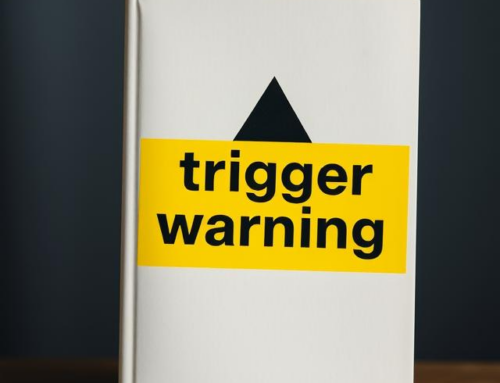

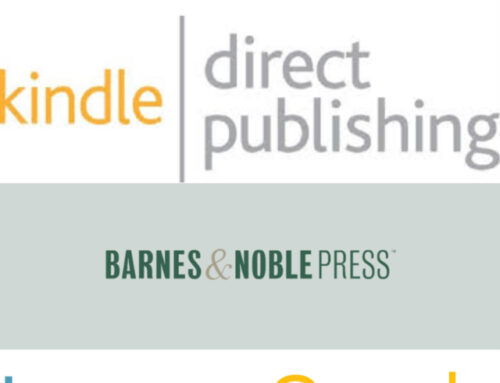




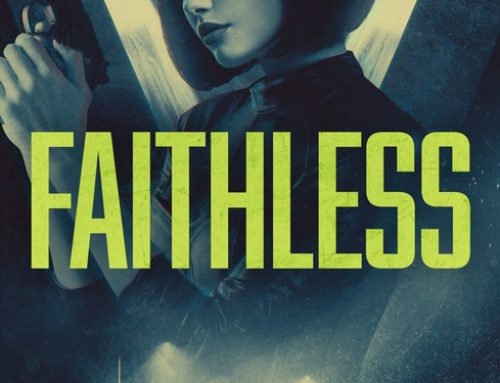






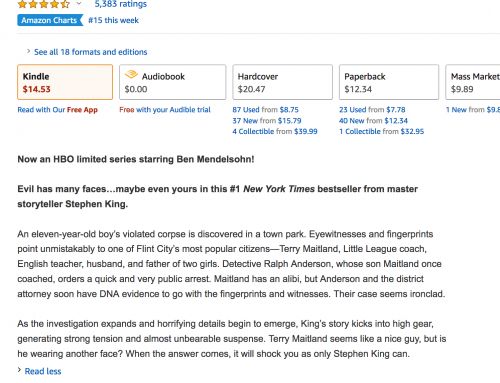


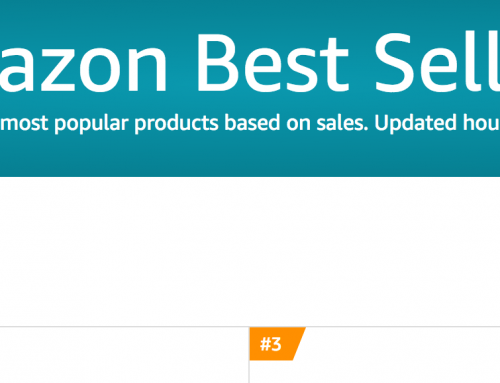
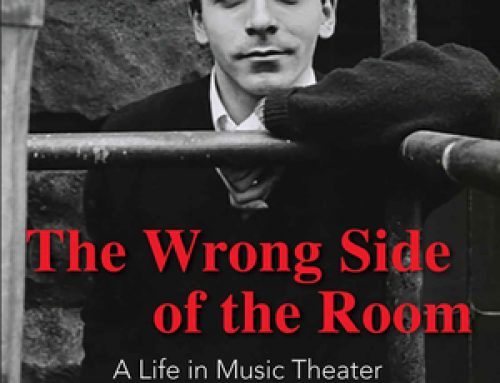

Thank you, Mr. Williams. That was an informative piece.